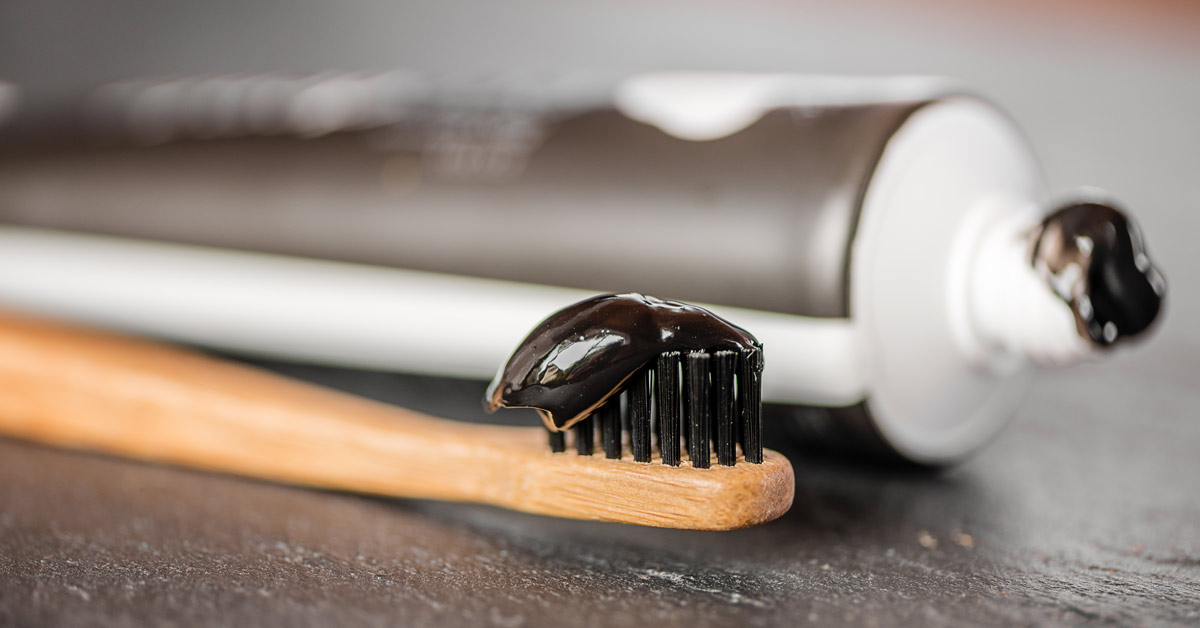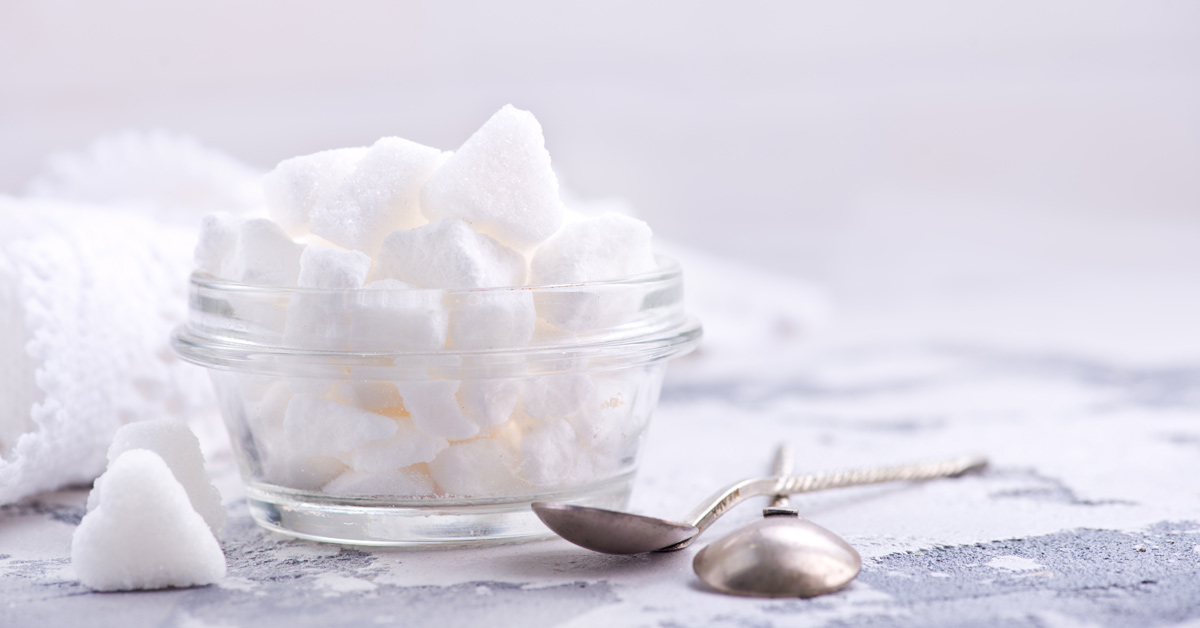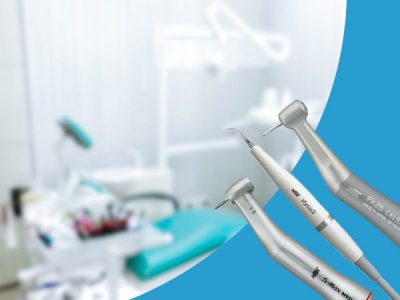There is so much misinformation out in there in the world today surrounding dental hygiene, so what is real and what’s fake? Well today, Dental Depot is going to bust three of the most common dental hygiene myths.
1. Charcoal toothpaste whitens your teeth

If you’ve spent any amount of time on Instagram, you’ve probably been pestered by advertisements with models scrubbing their teeth with charcoal and claiming they’re teeth are whiter because of it. Well, the British Dental Journal has carried out a study and found that not only do the claims of whiter teeth fall short, but it may be harmful.
Based on the previous study of 118 papers, the British authors deemed that there was insufficient evidence to show any oral hygiene benefits of charcoal toothpaste and that it was actually abrasive to teeth. The claims made about it whitening teeth were actually due to a ‘sanding like effect’, similar to how bi-carb soda acted when older generations used it as a toothpaste replacement.
It was also noted that there were aesthetic risks that come with using this black powder to clean your teeth. Particles can become lodged around the gums, and you end up with black lining, particularly in patients with gum disease. If you’re dead set on whitening your teeth, it’s advised to consult a professional, registered dentist as treatments vary based on individual needs and circumstances.
2. Only sugar causes tooth decay

Whilst sugar is a huge cause for tooth decay, it is certainly not the only one. Patients of dentists who use illicit substances come from a wide range of ages and occupations. One of the only things that these people might have in common may be their substance abuse and the impact that it has on their oral hygiene (negatively). Unfortunately, when the damage is done, it’s done. The best dental care is preventive care. Dentists should actively promote patients oral health, via education, prevention and then rehabilitation.
Substance abuse causes tooth decay, gum disease and other various problems for oral hygiene due to the abrasive nature of the substances, coupled with inconsistent tooth brushing schedules. There are also many other causes of tooth decay that most people don’t even know are affecting them negatively. Often people think that brushing right after eating is the best practice, but actually, this is when the teeth are their weakest. It takes around 30 minutes for the pH levels in the mouth to return to neutral, and brushing straight after eating a meal is when they’re most exposed. This goes for eating or drinking anything, other than water.
3. Brushing harder makes your teeth clean
This is one of the most common myths that need to be cleared up, as it’s causing problems for a lot of people. Often people attack their gums with the same ferocity as trying to clean a pair of dirty boots, which is completely unnecessary and might be causing irreversible damage. Even though teeth are quite hard, the gums that surround them are very soft. While cleaning along the edge of the teeth line and gum meeting is necessary, brushing with too much pressure or a brush which is too firm will do more harm than good.
This is due to the fact that when the gum has receded, it means that it is irreversible damage has occurred and won’t grow back. This exposes the neck of the tooth, uncovering the unprotected portion leaving it open to elements. Once this unexposed portion of the tooth is uncovered, it is far more vulnerable to bacteria and tooth decay. It’s important to brush gently, to the gumline, being aware of the pressure that is being applied. There is no need to use a stiff-bristled brush, as it provides nothing extra in terms of cleaning capabilities.
Dental Depot is committed to helping the dental industry grow and clear up any misinformation surrounding oral hygiene and dental care. If you’re looking for dental equipment, Dental Depot can be contacted on 07 3857 0011 or via our online contact form.



